OUR LEARNING
In Term 2a G28 were answering the question ‘Am I ready for a break?’.
Students discussed holidays they have been on in the past using the preterite tense. They included where they went, who with, and gave opinions on their past holidays as well as modes of transport and various holiday activities.
FINAL PRODUCT
One of the learning targets for this term was to add expression to their spoken Spanish. The students were all given the same ‘interview’ questions which they responded to in the role of a very busy famous person! Una entrevista con una persona famosa (an interview with a famous person). Whilst some of the students took a path that was more parallel with their own lives, this narrative gave the students the opportunity to show off all their Spanish skills and present a wide range of vocabulary.
The final product drew together all their learning from Term 2a as well as previous knowledge of the tenses so students gave a complete response to this Guiding Question which you might expect from a real-life situation.
Entrevista questions:
¿Estás listo/a para un descanso? Are you ready for a break?
¿Vale, qué haces en tu tiempo libre? Okay, what do you do in your free time?
¿Vale, qué vas a hacer este fin de semana? Okay, what are you going to do this weekend?
¿Y este verano qué vas a hacer? And this summer, what are you going to do?
¿Waoh, quieres ir a [Grecia] conmigo? Wow, do you want to go [Greece] with me?
¿Estás listo/a para un descanso? – Las vacaciones (holidays) Year 8 Term 2a
I can start to use the preterite tense in the first and third person
I can identify transport
I can say how I travelled somewhere, first person preterite irregular verb “ir”
I can read a text in the preterite tense which includes irregular verbs in the preterite, for gist and detail
I can identify the “ar” preterite ending
I can use these to describe what I did on holiday
I can sequence text using previous and contextual knowledge
As you can see, not only did they talk about a previous holiday but they also described what they normally do on their free time and holidays, in the present tense, as well as described a future holiday or activity, in the near future tense. This drew from their free time expedition ¿De verdad, hago tiempo para mí mismo? (In truth, do I make time for myself?) from the end of Year 7.
At the end of the interview the students gave excuses to their interviewer as to why they did not want to go on holiday with their interviewer. This drew from their expedition ¿Vamos a salir? ¿Dónde nos encontramos? (Are we going out? Where shall we meet?) from Term 1b in Year 8.
Students also filled the crucial role of scripting the videos so all the subtitles you see were written by the students themselves. They also chose their product backgrounds to set the scene. This product was designed to be an educational tool for the community and the students hope that their successors will find value in these educational videos which demonstrate a breadth of knowledge as well as Spanish as a communicative language.
Our work on this product was a cumulative piece of work based on vocabulary and skills which we had been building throughout Year 7 and Year 8, the learning targets for which were:
¿De verdad, hago tiempo para mí mismo? – Tiempo libre (free time) Year 7 Term 3a
I can use irregular verbs to say what I do in my spare time
I can extend this with frequency
I can add the silent “h” to my knowledge of pronunciation
I can recap likes/ dislikes phrases
I can add an infinitive to say what I like / dislike TO DO
I can use “voy a” to say what I’m going to do, extending with information personal to me
I can classify sports into I play /I do
I can build on frequency phrases
I start to use the time in my speaking
¿Vamos a salir? ¿Dónde nos encontramos? – Los sitios (places) Year 8 Term 1b
I can build on my knowledge of m / f and become more confident when using irregular endings
I can consolidate my learning over a number of expeditions
I can revise places in a town
I can identify some new freetime activities
I can write using the near future tense, using the 1st person
I can recognise present and near future tenses
I can use these to describe what I do/ am going to do, with sequencers
I can ask questions, with inflexion
I can communicate with expression
I can give an excuse to something I can’t / don’t want to do
I can consolidate my learning from this expedition
